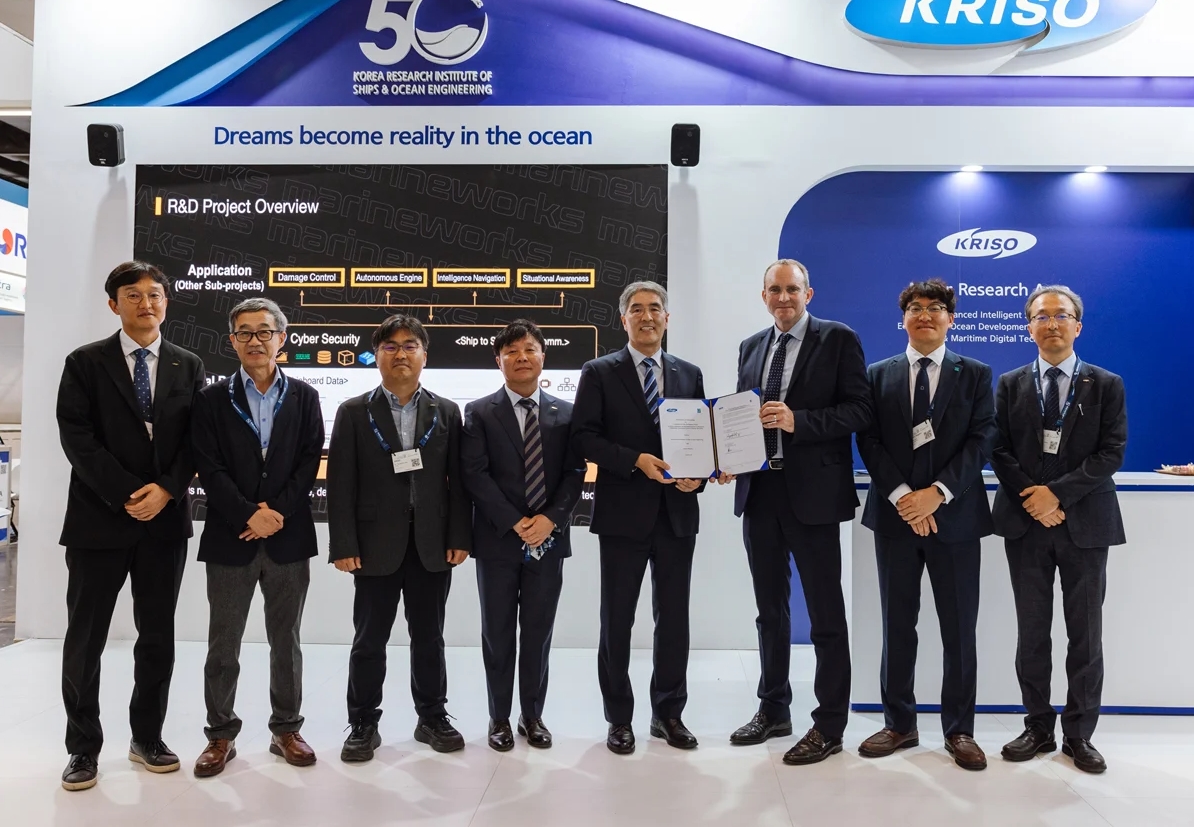Landmark Joint Development Project to focus on comprehensive testing of marine autonomous functions, systems, and operations in support of wider MASS take-up.

Lloyd’s Register (LR) and the Korea Research Institute of Ships & Ocean Engineering (KRISO) have entered into a joint development project to verify and validate marine autonomous functions, systems, and operations to support the wider uptake of autonomous systems within the maritime industry.
The collaboration marks a groundbreaking effort to develop a comprehensive testing environment, which will bring together multiple verification technologies for the hardware, software, and AI components of maritime autonomous surface ships (MASS) systems. It is anticipated that this approach will promote high standards of safety, reliability and performance of MASS, enabling their wide scale commercialisation.
More systematic verification and validation (V&V) procedures are required to ensure the safe application of the many advanced autonomous technologies being developed or introduced. Over the past five years, KRISO has been building testbeds and related infrastructures for autonomous operation through the KASS project and it is expected that this JDP will enable more practical, substantive, and reliable V&V evaluations with LR.
Andy McKeran, Chief Commercial Officer, LR, said: “Verification and validation is vital key for the safe, efficient and cost-effective commercialisation of maritime autonomous surface ships. At present, we rely on risk-based verification on a case-by-case basis, but this JDP will lay the foundations for LR to set up more feasible and practical verification procedures that could become a global standard.”
Keyyong Hong, President of KRISO, said: “Through the mutual collaboration between KRISO and LR, we will jointly pursue the development of autonomous surface ships operation technology and verification system technology. By leveraging our combined strengths, we will actively cooperate to lead the maritime industry in the commercialisation of autonomous surface ships, technology standardisation, and the expansion of digitalisation.”
It is expected that in time this collaboration will be expanded to other UK and Korean partners working in autonomy.